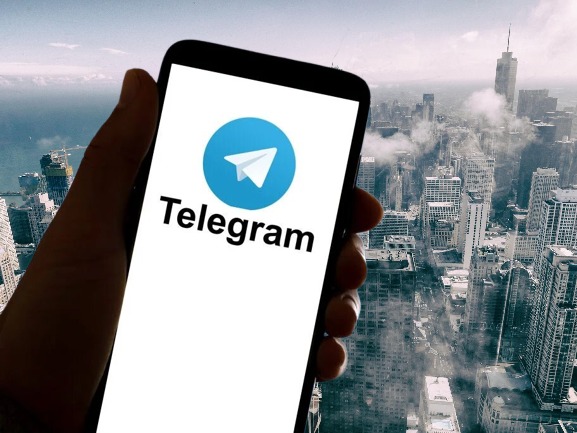Topline:
On Monday, South Korean police announced an investigation into the messaging app Telegram for its alleged involvement in spreading AI-generated deepfake pornography. This comes just days after its billionaire co-founder and CEO, Pavel Durov, was charged in France for allowing criminal activities on the platform, according to news reports.
Telegram’s Popularity in South Korea
Telegram has become one of the most popular messaging apps in South Korea, mainly because of its strong privacy features. Users appreciate its end-to-end encryption, ensuring only the sender and recipient can read messages. This level of security has made Telegram a go-to platform for those who want to communicate privately without the risk of surveillance. However, the same privacy features that attract users have also made Telegram a haven for illegal activities, including sharing explicit deepfake content.
What Are Deepfakes?
Deepfakes are AI-generated videos or images that manipulate real faces and bodies, often placing them into compromising or explicit situations. In the context of pornography, deepfakes usually involve superimposing the face of an unsuspecting individual onto explicit content, creating realistic but fake videos or images. These are then shared without the victim’s consent, causing significant harm and distress. Unfortunately, this technology has become increasingly accessible, leading to a surge in deepfake pornography, particularly targeting women.
The Role of Telegram in the Deepfake Scandal
In South Korea, Telegram has been identified as a key platform for distributing deepfake pornography. The app’s anonymity and encryption features make it difficult for law enforcement to trace the origin of these videos or identify those sharing them. Despite ongoing efforts by South Korean authorities to combat the spread of such content, Telegram’s structure allows users to evade detection and continue distributing illegal material.
Public and Legal Reactions
The deepfake scandal has triggered a strong response from both the public and the government in South Korea. There is growing demand for stricter regulations on platforms like Telegram, with calls for new laws that would hold these platforms accountable for the illegal content shared by their users. The South Korean government is considering legislative changes that could force Telegram and similar services to take more responsibility for monitoring and removing harmful content.
Telegram’s Stance on the Issue
Telegram has acknowledged the problem and expressed its commitment to combating illegal content on its platform. The company claims to be cooperating with law enforcement and removing inappropriate material when reported. However, critics argue that Telegram’s actions are too little, too late. They believe the platform’s design inherently facilitates the spread of such content, making it nearly impossible to fully eradicate the problem without compromising user privacy.
Conclusion
The deepfake pornography scandal has placed Telegram under intense scrutiny in South Korea, highlighting the delicate balance between privacy and accountability in the digital age. As the government considers new regulations and public pressure mounts, Telegram’s future in the country could be at risk. This controversy is not just a local issue; it may set a precedent for how messaging platforms worldwide are regulated, particularly when it comes to handling illegal and harmful content.

